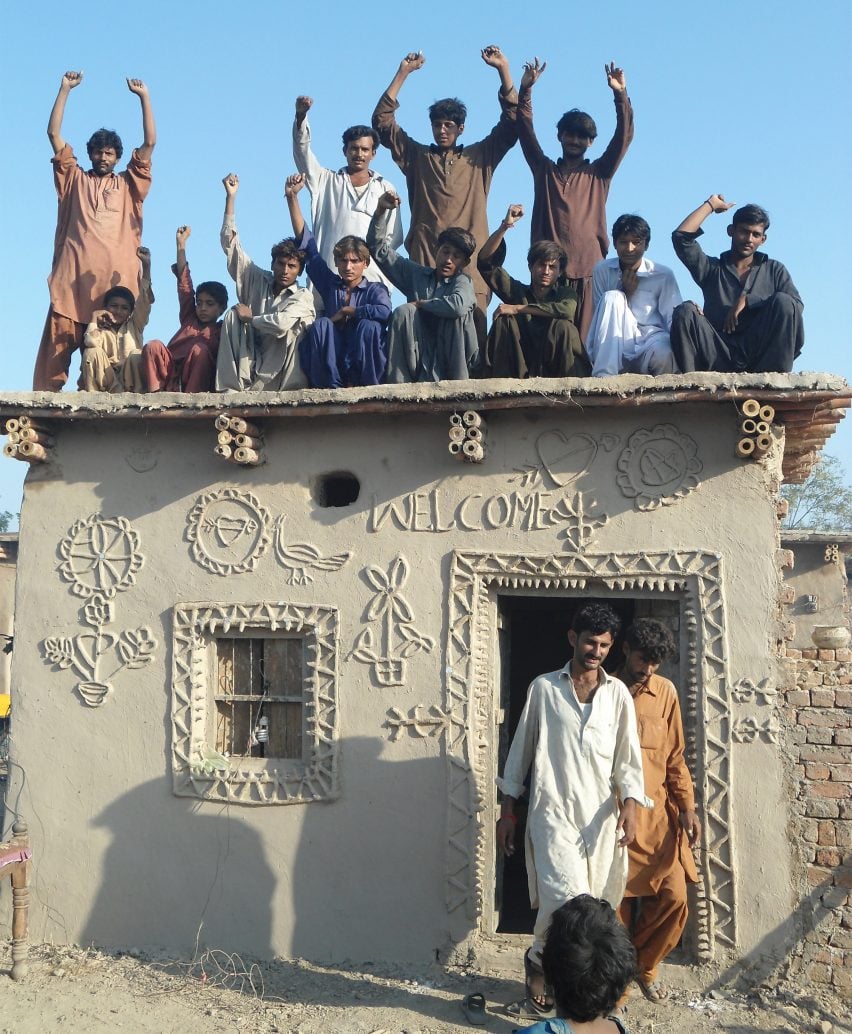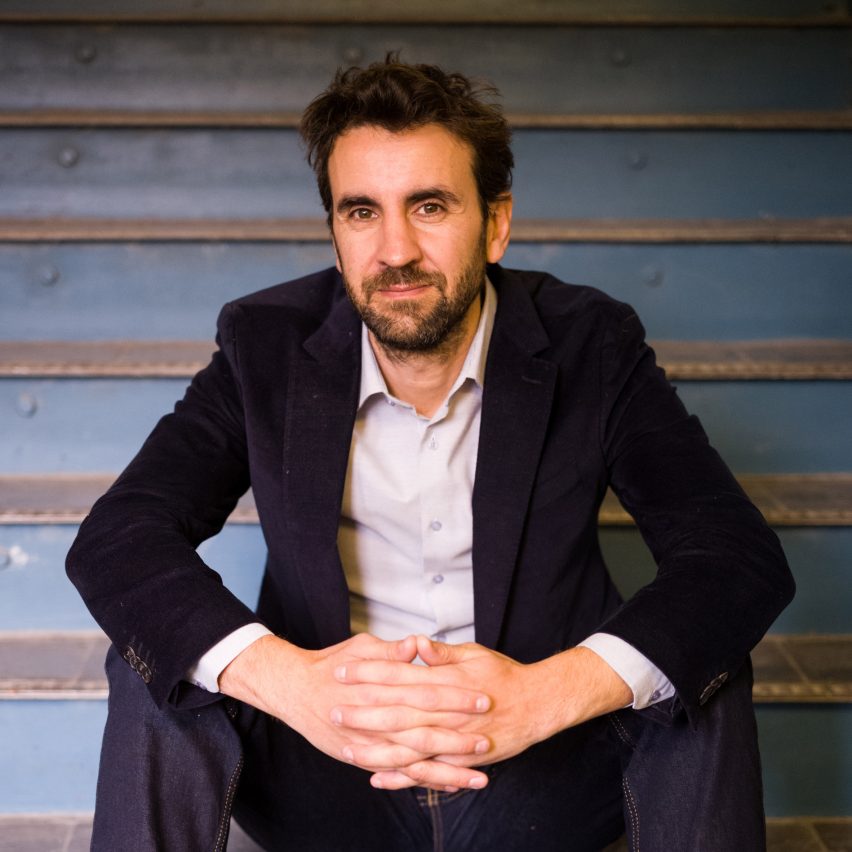
RIBA Royal Gold Medal award was "brave move" says Yasmeen Lari
Pakistani architect Yasmeen Lari has said the RIBA was "brave" to award her the Royal Gold Medal earlier this year.
The Royal Institute of British Architects' Royal Gold Medal is the UK's highest individual honour for architecture and is personally approved by the British monarch, King Charles III.
In her keynote address at the recent In Focus: Radical Repair conference hosted in Milan by The World Around and Fondation Cartier pour l'art contemporain, Lari suggested that the decision to make her the medal's 2023 laureate was an endorsement of her low-cost, low-carbon, humanitarian approach.
Medal award "sent a powerful message"
"By bestowing the great honour of the Royal Gold Medal on my work in a brave move, the Royal Institute of British Architects, the prize committee and the British monarch have legitimised the path for architects to serve those who live on the borders," she said.
"They have sent a powerful message that architects do not any longer need to vie for the attention of the privileged and the wealthy, but equally be ready to serve humanity."
Lari spent much of her career designing big-budget buildings, such as the Pakistan State Oil head office in Karachi, before retiring in 2000 to focus instead on projects aimed at alleviating poverty and protecting the environment.
In its award citation, the medal's selection committee specified that its choice of Lari particularly celebrated "the work she has undertaken since her retirement in 2000".

"The time has come for a majority of architects and other built-environment professionals to play a significant role in healing the planet," Lari told the conference.
"On the one hand that requires that we lower the carbon footprint in all that we create, and on the other to reach out to serve the vast number of disadvantaged populations," she added.
"The more meagre the resources, the more attention is needed to create well-designed environments."
Lari argued that in order to play a meaningful role, architects must "relinquish the desire to create imposing mega-structures".
"As a practising architect, barring a few projects, I also had indulged in the extravagant, egotistic journey which focused on serving the elite of my country," she said.
"The interaction with poverty-stricken, vulnerable populations forced me to dispense with my hugely inflated ego as all architects do."
Over-demolition a feature of "late capitalism"
People in both the Global North and the Global South must make changes to heal the planet, she claimed – in the case of the former "by abandoning capitalist modes of ego-indulgence, excessive consumption and eco-bigotry" and in the case of the latter by overcoming "poor governance, social injustices and high poverty levels".
"Fortuitously, more than at any other time young architects are citizens of a changing world – are seeking a divergent course in the practice of architecture," she said.
Later in the conference, Space Caviar co-founder Joseph Grima called for a culture change to view architecture primarily as the stewardship of Earth's resources rather than the creation of form.

Showing a clip of materials being sorted on a demolition site in Eindhoven in line with recent EU regulations aimed at reducing building waste, Grima said it was "demoralising that that's about as far as we can get".
He questioned the idea that demolition is a "natural destiny" for buildings.
"I think that it's important to point out that it's not something that's always been this way, it's something that is very much the product of a certain understanding of architecture, a certain framing of architecture, which is that of late capitalism," he told delegates.
The development of machines and technology that allows materials to be harvested from the Earth in vast quantities has led to "an illusion of abundance or of unlimited access to resources", Grima suggested.
The conference also heard from Japanese architect Junya Ishigami, US architect Jeanne Gang, Bolivian architect Freddy Mamami and Lu Wenyu, co-founder of Chinese studio Amateur Architecture, among others.
Dezeen is a media partner for The World Around 2023.
Main image courtesy of the Heritage Foundation of Pakistan.
In Focus: Radical Repair took place in Milan, Italy on 28 September 2023. See Dezeen Events Guide for more architecture and design events around the world.